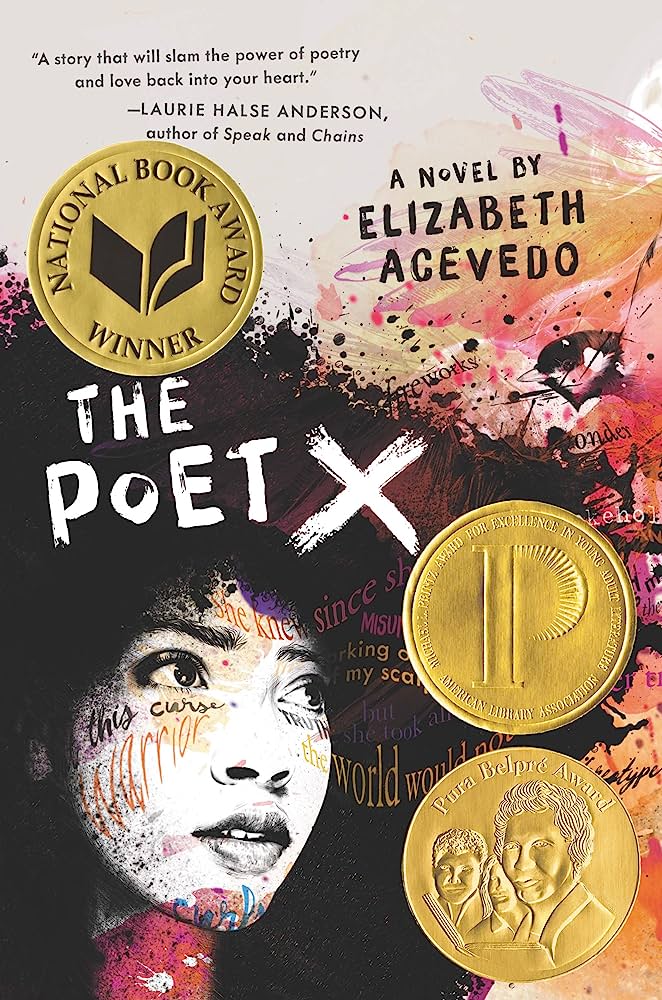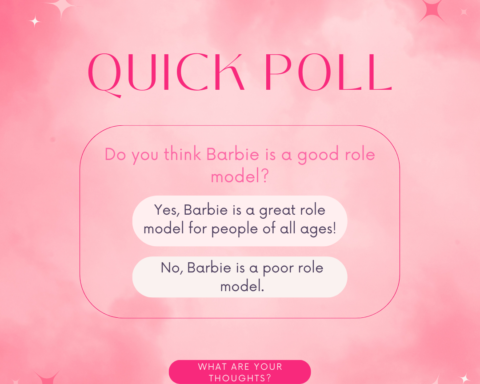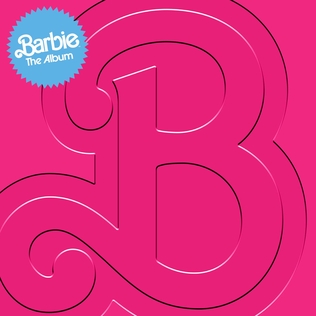By Kylee Crisswell, Yukon High School
Culture and demographics often shape a person’s ideology. What people are raised to believe is what people believe. What people believe ties back into how they perceive the world around them. What happens when people are encouraged to question things? What happens when people start questioning what they have always known?
Elizabeth Acevedo was born Feb. 15, 1988, and today she is known as a Dominican poet and author. More specifically, her books focus on the genre of young adult novels. The poetry foundation named her the year’s Young People’s Poet Laureate in 2022. After reading Acevedo’s novel “The Poet X,” I believe this is a well-deserved award.
“The Poet X” is a young adult realistic fiction novel that follows the life of Xiomara Batista. Xiomara is a 15-year-old girl who has difficult relationships with her family members. Her father is not involved in her life which in part causes her to question her identity. The largest struggle of the book is between her and her mother. Altagracia is a very devout Catholic who also works hard for everything she has. When Xiomara begins to question faith, what little relationship they did have gets worse.
Xiomara also struggles with many other aspects of her life including self-image, her body and her love of spoken word poetry. The novel takes place in Harlem, New York, and is also written from Xiomara’s perspective in the form of poems.
The idea to structure the book in this way is a creative element that not only ties back into the author’s real life, but beyond this further develops the themes that are prevalent in this story. Those themes revolve around relationships in general, ranging from Xiomara’s relationship to herself, her family and those in her community. Two of the largest components of this book focus on her complex relationship to religion and her love of poetry. She has a teacher named Ms. Galiano who encourages her love for poetry even though Xiomara’s mother thinks poetry is what made Xiomara question her faith in the first place.

Xiomara, however, does not appreciate the idea of conforming to her mother’s religion. Xiomara thinks it is unfair to care about a God she has to believe in, when she feels as though this God does not care about or believe in her.
“It’s not any one thing that makes me wonder about the capital G.O.D. About a Holy Trinity that don’t include the mother. It’s all the things. Just seems as I get older I begin to see the way the church treats a girl like me differently.”
This relates back to the idea that God does not believe in Xiomara, as she feels if he did, his followers would treat her differently. I also find that her faith changing as she grows up is important, because she no longer believes what she is told. Xiomara begins to look into things for herself.
In turn, this hurts their relationship more after her mother finds the poems Xiomara wrote questioning God.
“My mouth cannot write you a white flag, it will never be a bible verse. My mouth cannot be shaped into the apology you say both you and God deserve.”
There was a lot of detail that went into this book to bring it to life and it takes a certain thought process to complete a project like this. Acevedo does a great job of portraying many different aspects of struggles real people face. Even as a person of another background, anyone could relate to some part of this story as it hits on many important topics beyond the one heavily discussed.
The themes of this book are laced through the storyline from cover to cover. When I first read the book, I was impressed with how well written the story was, beginning with the format, all the way to Acevedo’s writing style. Although this is the only book I’ve read that Acevedo wrote, she’s an amazing storyteller and I would be interested in reading more of her work in the future.






